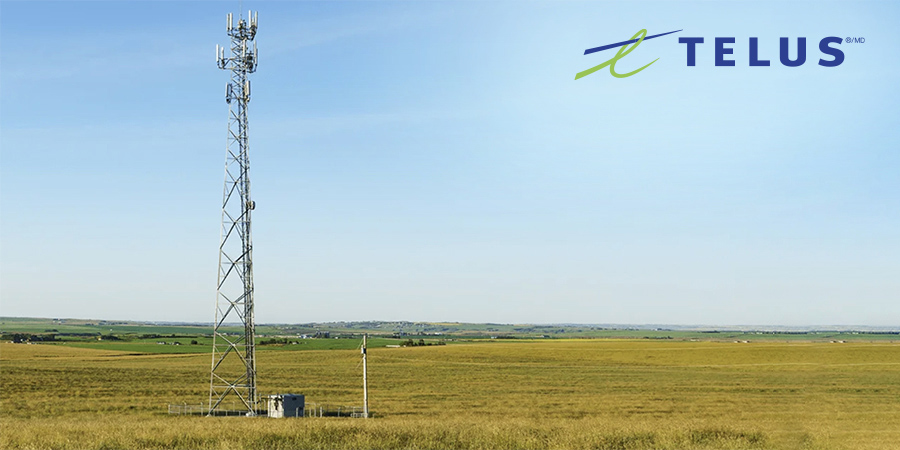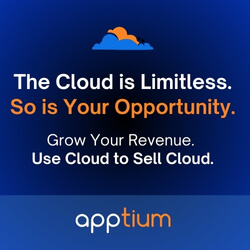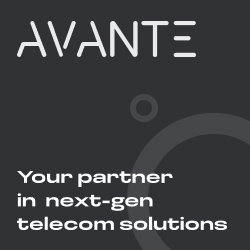Through the utilization of public-private partnerships, TELUS has facilitated the provision of advanced broadband connectivity to 504 rural communities and 577 Indigenous lands. This initiative has resulted in a tangible positive impact across 360,000 rural and Indigenous households and businesses. At present, over 80 partnerships have been formed to bring high-speed connectivity to rural and Indigenous communities.
TELUS is deeply committed to enhancing safety and connectivity across Canada, with over 23,000 kilometers of highways now equipped with mobile coverage, enabling drivers to access emergency services swiftly. Moreover, TELUS has co-invested over USD 475 million alongside government partners, facilitating the closure of the digital divide for rural and Indigenous communities, ensuring equitable access to essential services and opportunities.
EVP and COO, Tony Geheran, said, “Connecting Indigenous communities to reliable connectivity is the foundation of TELUS’ reconciliation action plan. Without partners like All Nations Trust Co (ANTCO) and the Pathways to Technology Project, this work would not be possible.”
Geheran highlighted that ANTCO— led by Ruth Williams and her team— has been instrumental in championing the importance of bringing connectivity into Indigenous communities in British Columbia. “Their strong leadership has guided both the private and public sectors to support this mission,” he added.
Citing several examples of their indigenous reconciliation and connectivity initiatives, Geheran mentioned the Cariboo Chilcotin project, completed in 2020, which connected eight Indigenous communities to high-speed internet. “Led by the Pathways team, this was the first of a series of projects that resulted from meaningful collaboration with Indigenous governments and organizations, along with NIEDB, whose commitment to connecting Indigenous communities has been paramount to this work,” explained Geheran.
Additionally, the Canyon Corridor project, finished in 2023, connected eight communities in the Lytton Hope corridor.
“We are looking forward to connecting three more communities in BC soon as part of our ongoing partnership with ANTCO,” concluded Geheran.
2023 Update: Indigenous Reconciliation Action Plan
Following another year of meaningful progress, TELUS’ executive leadership— PCEO, Darren Entwistle, and EVP & COO, Tony Geheran— noted the following milestones:
- A first-of-its-kind partnership between TELUS and the Nisga’a nation in Northwest BC that provides the nation with access to TELUS’ high-speed wireless coverage on their own network
- An enhanced USD 2 million Indigenous Communities Fund
- Contributions to Indigenous-led initiatives, such as the Moose Hide Campaign
- Partnership with Indspire to support Indigenous students on their educational journeys
- The digital Witness Blanket, reaching over 300,000 students and educators
- Over 50% of the TELUS team has completed the Truth and Reconciliation e-learning program
Connectivity stands as one of the core pillars within TELUS' strategy, aiming to empower Indigenous people with enhanced opportunities and outcomes. The latest report outlining the second year of TELUS' inaugural Indigenous Reconciliation Action Plan (IRAP) revealed that in 2022-2023, more than 120 Indigenous territories benefited from the deployment of advanced broadband connectivity.
A revised goal has been established for 2025, aiming to extend TELUS broadband networks to a minimum of 20 Indigenous territories. This underscores the dedication to consistently expanding connectivity year after year.
Empowering Communities to Thrive in the Digital Age
TELUS is leveraging technology as a powerful equalizer, bridging the digital divide and ensuring connectivity for marginalized communities. Through initiatives like Mobility for Good, TELUS enabled 9,300 youth aging out of foster care, 13,300 Indigenous elders, and 2,300 Indigenous women at risk of violence to stay connected with vital support networks and resources, fostering connections crucial for their well-being.
Moreover, 62% of TELUS Health for Good partners offer culturally-sensitive services, including ceremonies and smudgings, to Indigenous people through mobile health clinics. Additionally, TELUS' Internet for Good program has provided low-cost, high-speed internet to over 52,900 families, elders, seniors, individuals with disabilities, and foster care youth, benefiting over 218,000 people across Canada.
These efforts demonstrate TELUS' commitment to ensuring equitable access to technology and empowering communities to thrive in the digital age.









